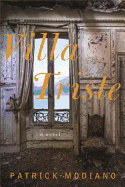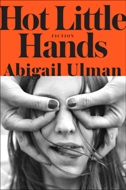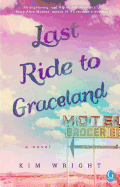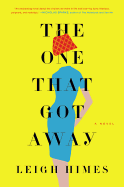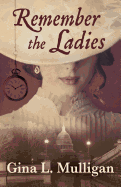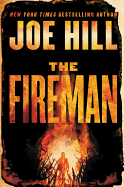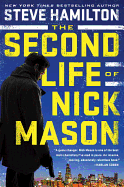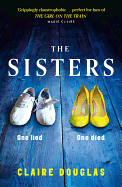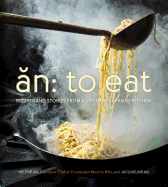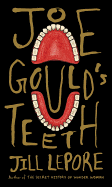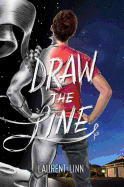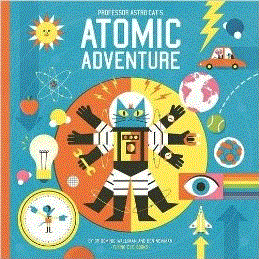Scott Burroughs is feeling fortunate when he arrives at the Martha's Vineyard airport just in time to catch a private jet. A friend, Maggie Bateman, has invited Scott to join her and her family on their flight back to New York City where Scott--a struggling painter--has meetings scheduled for a potential art show.
Maggie is married to David Bateman, a television news executive. They have two children and a bodyguard, who are also on the plane, along with another couple, Ben and Sarah Kipling. For the Batemans and the Kiplings, the company jet is commonplace. Still, Maggie expresses some concern about the weather. So when Maggie's nine-year-old daughter, Rachel, tells her mother, "It'll be fine, Mom.... It's not like they need to see to fly a plane," the stage is set for something not fine to happen. And Noah Hawley (The Good Father) doesn't disappoint. Two short chapters later, the plush jet has crashed spectacularly into the Atlantic and Scott is swimming for safety with four-year-old JJ Bateman clinging to him--the only two survivors.
"A plane crash is not simply the sum total of time line + mechanical elements + human elements. It is an incalculable tragedy, one that shows us the ultimate finiteness of human control over the universe, and the humbling power of collective death."
Hawley's skill as a screenwriter has undoubtedly spilled over into his novel writing. The breathtaking post-crash scene he crafts directs readers' imaginations in constructing a chilling scene of chaos, panic and frenzy.
"The waves are quilted with froth, not the hard triangles of children's drawings, but fractals of water, tiny waves stacking into larger ones. Out in the open water they come at [Scott] from all directions, like a pack of wolves testing his defenses. The dying fire animates them, gives them faces of sinister intent."
Then Hawley builds a psychological stage for his protagonist--"the data stream of memory is clogged with indecipherable fragments, pictures with no order, and right now [Scott] has no time to clarify anything."
Scott may not have been so lucky in his transportation choice, but his childhood interest in swimming serves him well. Against the odds, in the dead of night, he and the child make their way miles through the cold Atlantic water, reaching shore only to discover that the nightmarish odyssey Hawley has in store for them has only just begun.
As the title insinuates, Before the Fall focuses largely on the lives of all the plane's passengers prior to the fateful night. The plot alternates between backstories, the present fallout from the crash, and art. Theories about why the jet went down circulate; David Bateman's news station ignites a conspiracy theory; and Scott is dragged through the mud of a media circus because the subjects of his paintings are disasters: car collisions, train wrecks... plane crashes.
The various layers and directions of this rich plot reflect a complex story that doesn't follow a neat path. Hawley experiments with timeline or, as Scott contemplates, "what if instead of a story told in consecutive order, life is a cacophony of moments we never leave?"
Hawley's creative approach enables him to flesh out his dynamic characters and strong themes. Scott and JJ develop a special bond through their shared experience; both desperately desire to hide from a world that is determined to shine a spotlight on them. JJ's lack of speech--he stops talking after the crash--is as telling a characteristic as Scott's prickly wit. Both defense mechanisms are protecting the fragile innocence underneath.
The theme of what constitutes a hero is reflected in this relationship as well. Scott regularly reminds JJ that he is Scott's hero. But when the crash inspector refers to Scott as a hero for saving JJ, Scott responds doubtfully, "So because I was on the high school swim team I'm some kind of hero?" Hawley adds a more sinister and elitist twist to this theme through the highly narcissistic news anchor from David Bateman's Fox-like partisan news station--a venal amalgam of the worst of tabloid journalists. In reference to Scott he says,
"He's a fraud, I'm saying. A nobody. Muscling his way into the spotlight, playing the humble knight, when the actual heroes, the great men, are dead at the bottom of the deep blue bullsh#t. And if that's what we call a hero in two thousand fifteen, then, buddy, we're f*#ked."
Hawley thickens this unsavory stew with Ben Kipling's impending indictment for money laundering, government surveillance that leads to outlandishly false assumptions, and income inequality that drives desperate people to desperate measures.
Profound and often humorous dialogue complements the intricate workings of a psychologically insightful examination of tragedy; the story continually builds in suspense, populated by authentic characters treading the waters of life. Before the Fall is Hawley at his best. --Jen Forbus
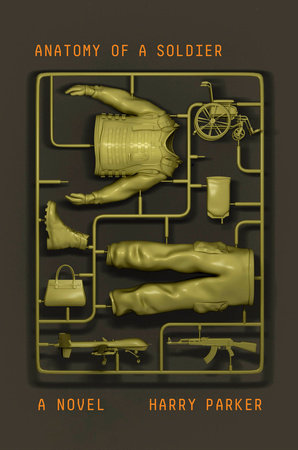 "My serial number is 6545-01-522. I was unpacked from a plastic case, pulled open, checked and reassembled. A black marker wrote BA5799 O POS on me and I was placed in the left thigh pocket of BA5799's combat trousers. I stayed there; the pocket was rarely unfastened." Unneeded for eight weeks, two days and four hours, until lifted into the sky in dust and confusion. "I was on the ground beside him... I was beside him as rocks and mud fell around us. I was in the dust as a dark red liquid zigzagged towards me over the cracked mud.... I clung to him while he was lifted onto a stretcher… as we flew low across the fields and glinting irrigation ditches and the wind rushed around the helicopter, when he pleaded with God to save him and metal pads were placed on his chest and his body jolted.... I was there when they hung the bag of blood above BA5799 and they cut the remains of his leg away." When BA5799 no longer needed 6545-01-522, "I was at the bottom of a surgical bin and then I was burnt."
"My serial number is 6545-01-522. I was unpacked from a plastic case, pulled open, checked and reassembled. A black marker wrote BA5799 O POS on me and I was placed in the left thigh pocket of BA5799's combat trousers. I stayed there; the pocket was rarely unfastened." Unneeded for eight weeks, two days and four hours, until lifted into the sky in dust and confusion. "I was on the ground beside him... I was beside him as rocks and mud fell around us. I was in the dust as a dark red liquid zigzagged towards me over the cracked mud.... I clung to him while he was lifted onto a stretcher… as we flew low across the fields and glinting irrigation ditches and the wind rushed around the helicopter, when he pleaded with God to save him and metal pads were placed on his chest and his body jolted.... I was there when they hung the bag of blood above BA5799 and they cut the remains of his leg away." When BA5799 no longer needed 6545-01-522, "I was at the bottom of a surgical bin and then I was burnt."


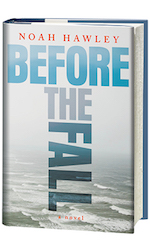

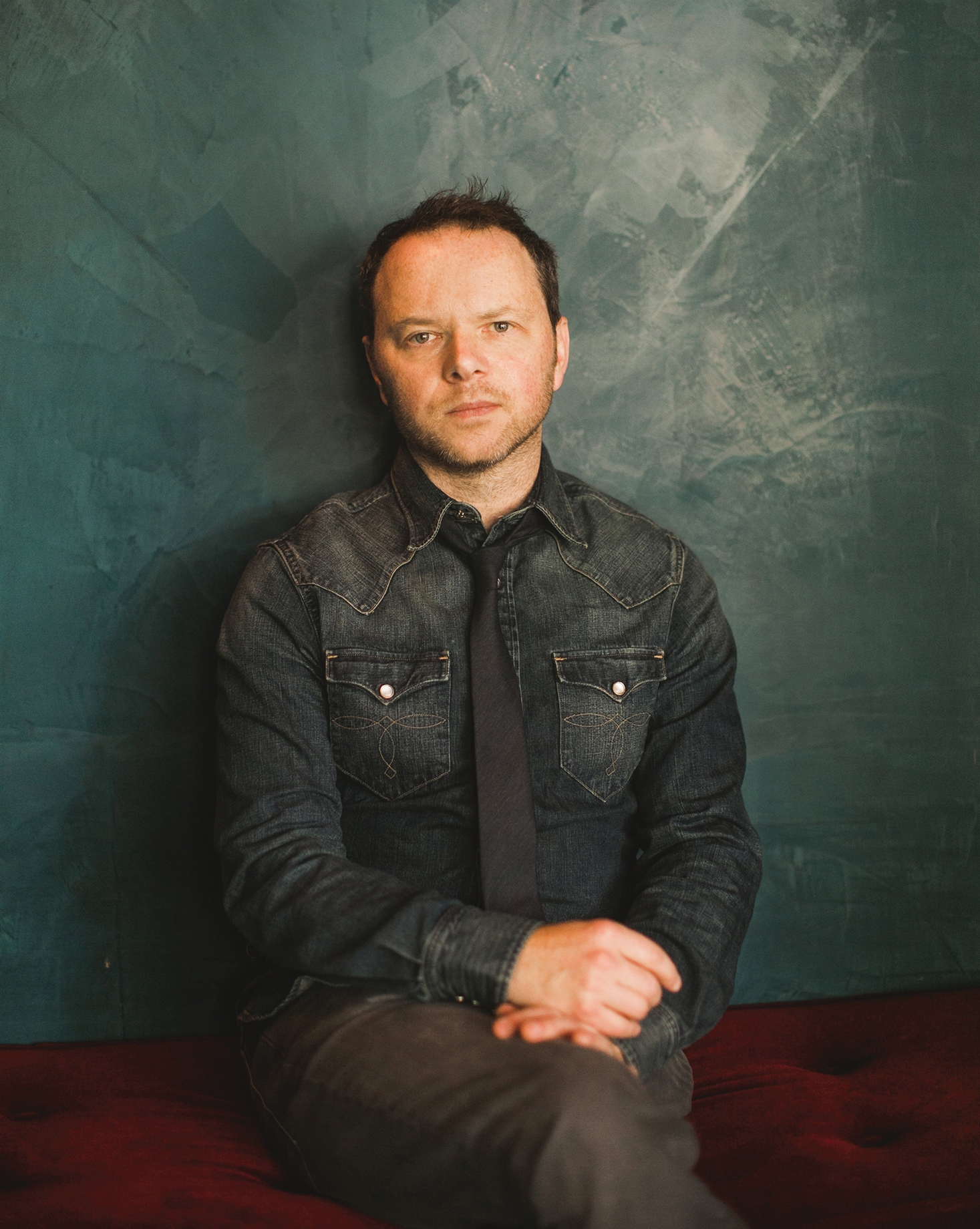
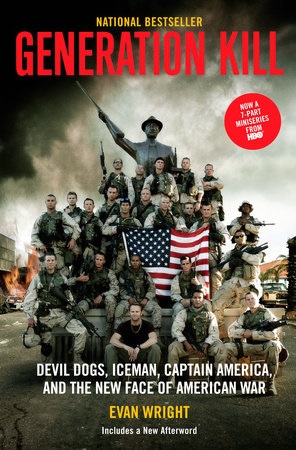 During the 2003 invasion of Iraq, Rolling Stone journalist Evan Wright was embedded with the 1st Reconnaissance Battalion of the U.S. Marine Corps. He spent two months riding in the lead Humvee with Sergeant Brad "Iceman" Colbert and other members of Bravo Company. Wright carried a weapon and experienced frequent combat, starting with the 10 rounds that hit his door during his first firefight. His Rolling Stone dispatches, titled The Killer Elite, won the 2004 National Magazine Award for Reporting. Wright expanded these articles into Generation Kill (2004), which was adapted into a seven-part miniseries by HBO in 2008 starring Alexander Skarsgård and co-written by David Simon, creator of The Wire.
During the 2003 invasion of Iraq, Rolling Stone journalist Evan Wright was embedded with the 1st Reconnaissance Battalion of the U.S. Marine Corps. He spent two months riding in the lead Humvee with Sergeant Brad "Iceman" Colbert and other members of Bravo Company. Wright carried a weapon and experienced frequent combat, starting with the 10 rounds that hit his door during his first firefight. His Rolling Stone dispatches, titled The Killer Elite, won the 2004 National Magazine Award for Reporting. Wright expanded these articles into Generation Kill (2004), which was adapted into a seven-part miniseries by HBO in 2008 starring Alexander Skarsgård and co-written by David Simon, creator of The Wire.